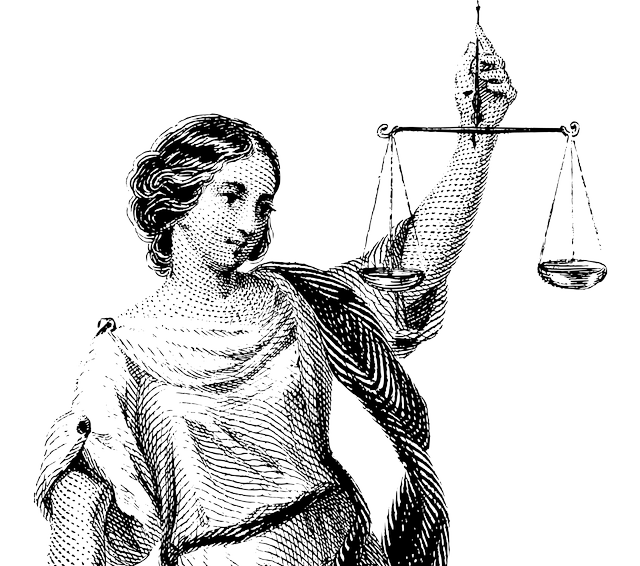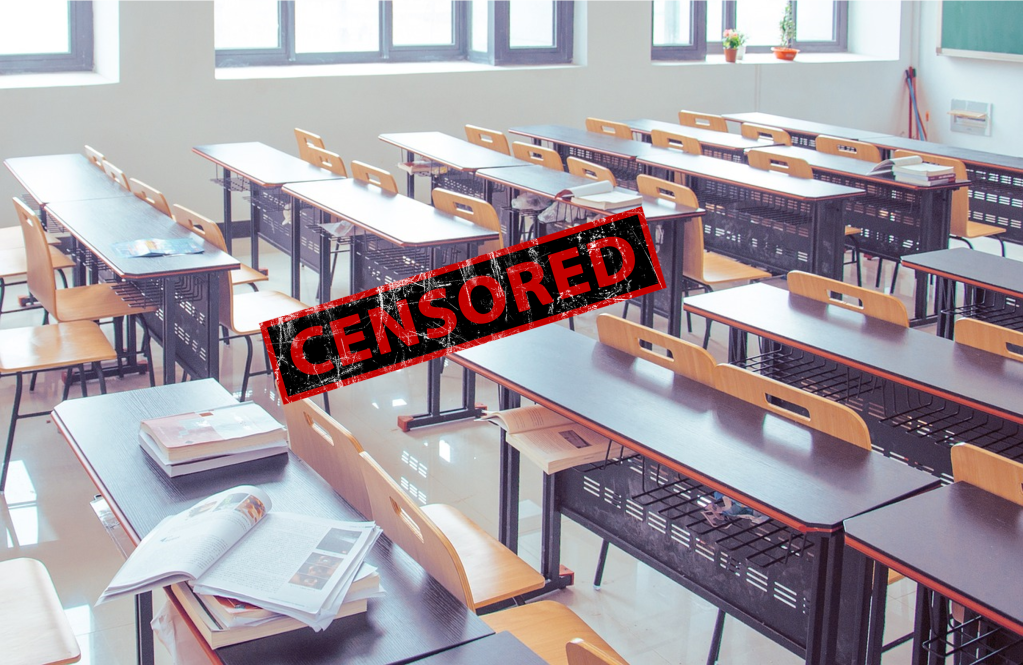Creative Writing for Social Justice; Words are Power - Part 1
- ebszabo
- Jan 2, 2024
- 3 min read
Updated: May 28, 2025
Stories matter. If ever there was a time to advocate and honor the written word in service of social justice, that time is now. A rise in hate speech, censorship and misinformation is causing untold harm to all of us. In an increasingly polarized world, creative writing offers a unique approach to activism and social justice. It offers a way to reach people who might not otherwise be receptive or aware of social justice issues. There is hope. We can change hearts and minds by engaging imaginations and fostering connection.

I had the pleasure and privilege of teaching the annual Creative Writing for Social Work seminar at the University of Iowa School of Social Work for almost thirty years. In 2023 I bid a fond farewell to the university and look forward to offering the seminar in other venues (contact me for information). The curriculum is focused on demonstrating that creative writing is a strategic and powerful instrument for both personal transformation and social activism.
Over the years, I have emphasized the use of creative writing for social justice and challenged the stories codified in history books largely written and published by people in positions of power. Published history has excluded, marginalized, and misrepresented people and events, and limited our ability to understand how we got to be where and who we are. It is often written by the winners and hauntedby the absence of those who were marginalized and erased. I encourage writers to discover, illuminate and animate stories that have been silenced.
New laws restricting the content of academic curriculums in multiple states reflect the crisis of censorship, racism, xenophobia, sexism and homophobia that threatens our nation and the world. Legislation to limit the teaching of critical race theory, diversity, equity and inclusion(D.E.I.), and LGBTQ+ curriculum, has been imposed in public schools, colleges and universities. This severely restricts what we can teach, what we can talk about, and what we can do.

Governor Kim Reynolds of Iowa signed a law in 2023 requiring review of DEI programs at the state’s public universities. As a consequence, Iowa Public Radioreported in November that Iowa’s public universities have been mandated to end diversity, equity and inclusion programs that are not necessary for compliance with research contracts or accreditation. Legislation in Iowa is part of an alarming and growing trend. Here is a headline from the Texas Tribune 12/28/23: Diversity offices on college campuses will soon be illegal in Texas, as 30 new laws go into effect January 1, 2024. This is happening in multiple states across the U.S.
We live in a world of stories. The stories we live, learn, and tell – and those that are forbidden – shape and perpetuate beliefs and behaviors. To become a more just society, we must be willing to advocate for stories about who we are, how we got here and what is possible. Creative writing has the potential to illuminate injustice and inspire social change, even under the most challenging of circumstances.
In the words of Rod Serling: “The writer’s role is to be a menacer of the public’s conscience…He must have a position, a point of view. He must see the arts as a vehicle of social criticism, and he must focus the issues of his time.”

The Twilight Zone was inspired by outrage at the 1955 acquittal of two white men in the brutal murder of 14 year old African American, Emmett Till.
In the aftermath, television executives refused to air Rod Serling’s program on race in America. So Serling created The Twilight Zonewhich employed fiction and metaphor to address issues of racism and injustice.
Serling’s determination, dedication, and creativity in the face of injustice and censorship can inspire us. Creative writing is an important and powerful agent of change. Join me.
Next: Part 2 – Who decides what stories we live by?




Comments